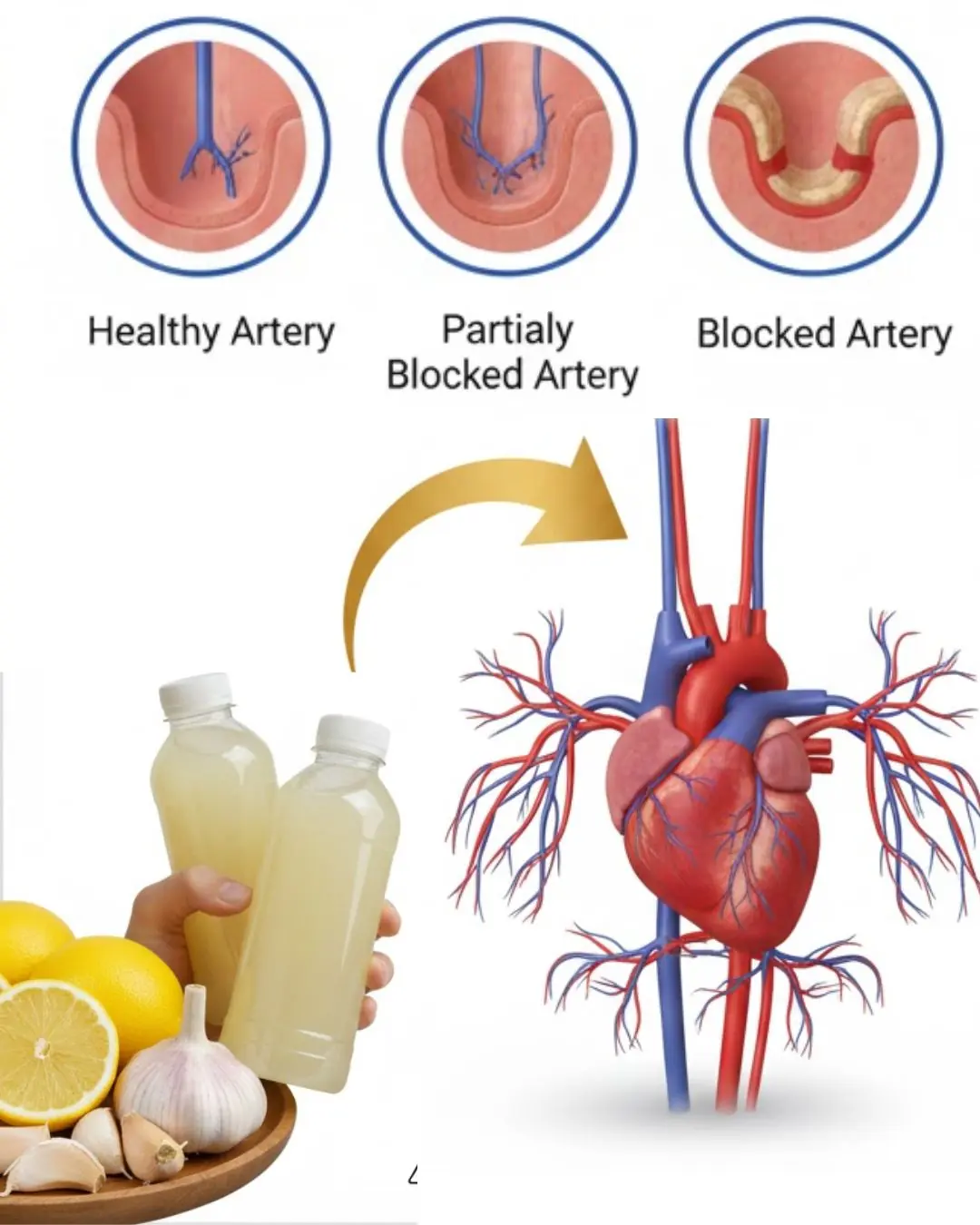
Why You Might Be Waking Up With a Dry Mouth
Why You Might Be Waking Up With a Dry Mouth and What It Could Mean
In today’s fast-paced world, stress, poor sleep, and health concerns often go hand in hand. And while many people focus on how to fall asleep faster or stay asleep longer, there’s another common (but often overlooked) issue that can disrupt rest: waking up with a dry mouth.
It might seem like a minor annoyance, but if it happens regularly, it could be your body’s way of signaling something deeper. Below, we break down eight common causes of nighttime dry mouth—and what you can do about them.
1. Digestive Issues
Late-night meals heavy in greasy, salty, or spicy foods can cause more harm than heartburn. These foods tend to:
- Absorb water
- Elevate fat and blood pressure levels
- Irritate the digestive system
As your body works to digest these foods overnight, it may draw water from your system—leading to dry mouth, especially in the second half of the night.
2. Liver Dysfunction
Your liver is essential for detoxifying the body. If it’s inflamed or not functioning properly, toxins can build up and cause subtle symptoms—including dry mouth during sleep.
This isn’t something to ignore. If dry mouth happens frequently and without clear reason, it’s worth checking in with your doctor to evaluate your liver health.
3. Dehydration
One of the most common causes of dry mouth is not drinking enough water throughout the day. Even while you sleep, your body loses fluids through breathing and basic functions.
Tip: Keep a water bottle nearby and hydrate steadily throughout the day, not just before bed.
4. Oral Health Problems
Conditions like gingivitis, periodontitis, or poor oral hygiene can lead to:
- Increased bacterial buildup
- Inflammation in the gums
- Mouth dryness overnight
Brushing, flossing, and regular dental checkups aren’t just for a clean smile—they can help prevent dry mouth, too.
5. Diabetes
Dry mouth is a common symptom for people with diabetes, particularly at night. Here’s why:
- High blood sugar makes the kidneys work harder
- That leads to more frequent urination
- The body loses fluids, and dehydration sets in
If you suspect blood sugar might be a factor, consider talking to a healthcare provider for testing or management support.
6. Bile Reflux
Bile reflux occurs when bile backs up from the liver into the stomach. This can lead to:
- Indigestion
- Poor sleep
- Dry mouth
While it shares symptoms with acid reflux, bile reflux is more closely linked to liver function. Managing your liver health may reduce both discomfort and dryness at night.
7. Fever
When you have a fever, your body temperature rises and you naturally lose more fluids through sweat. This often results in:
- Dry mouth
- Burning sensations in the throat or mouth
Stay hydrated and treat the fever with rest and (if needed) medication to ease the symptoms.
8. Hyperthyroidism
An overactive thyroid speeds up your metabolism and increases fluid needs. This can:
- Overstimulate your nervous system
- Increase urination or sweating
- Lead to dryness in the mouth—especially at night
If you’re also experiencing weight changes, fatigue, or heat sensitivity, this might be worth checking out with your doctor.
Final Thoughts
Occasional dry mouth at night isn’t unusual—but chronic or worsening symptoms could be your body’s way of saying something isn’t quite right.
Here’s what you can do:
- Stay well-hydrated during the day
- Avoid heavy or spicy meals close to bedtime
- Practice good oral hygiene
- Check in with a doctor if symptoms persist
A well-rested night starts with listening to what your body needs—and sometimes, a dry mouth is more than just dryness. It’s a whisper worth paying attention to.
News in the same category

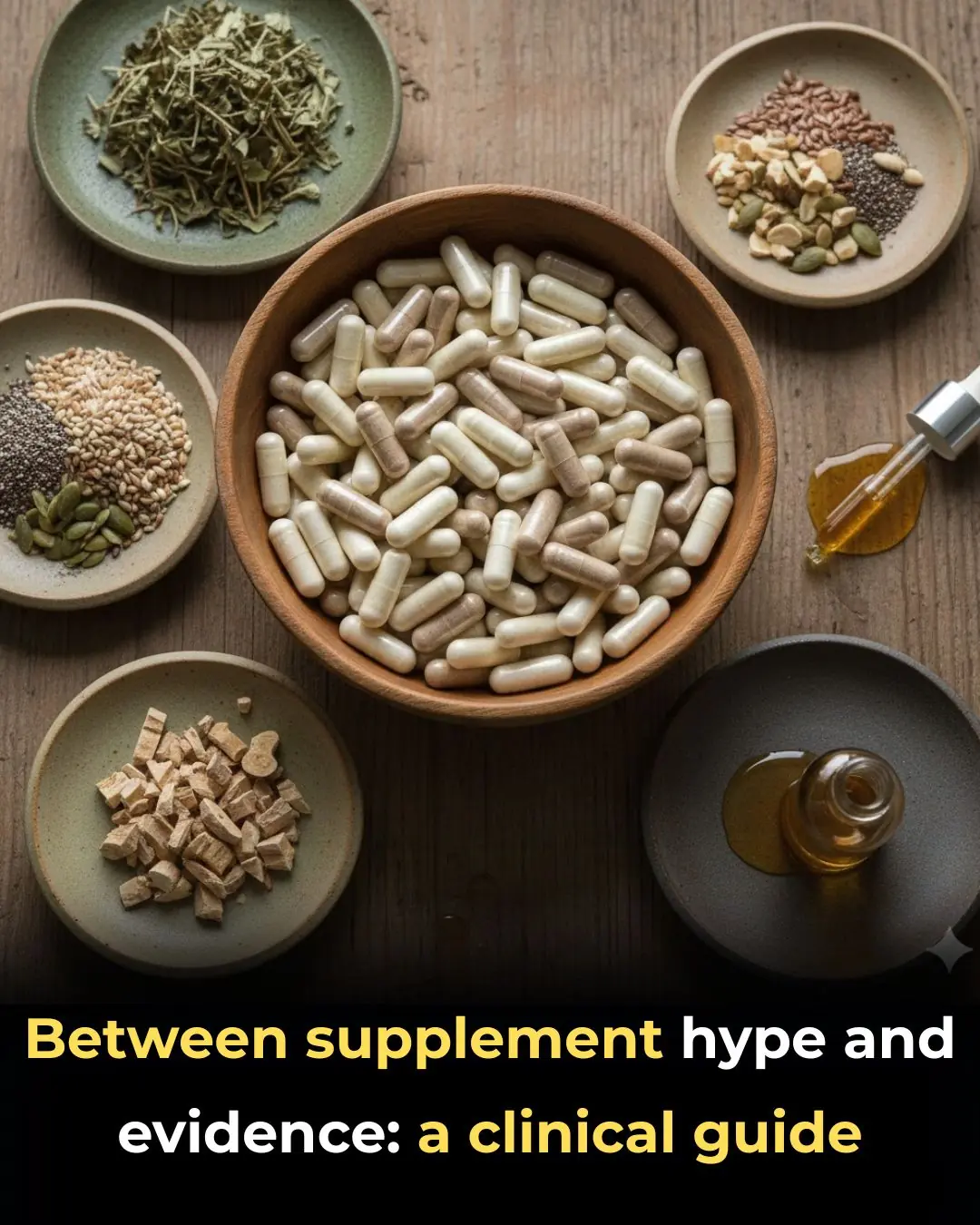
Between Supplement Hype and Evidence: A Clinical Guide for Informed Use

Current Cardiac Screening Tools Miss Nearly Half of First Heart Attacks, Study Finds

Could Bone Broth Support Healthy Knee Cartilage as You Age?

Top 7 Best Drinks Diabetics Can Enjoy at Night to Support Healthy Blood Sugar Levels!

Papaya Leaves for Hair: A Natural Way to Support Healthier, Shinier Strands

Protect Your Eyes Naturally: 3 Powerful Seeds and 1 Fruit Every Senior Should Know About

Power Naps: The Benefits, How Long They Should Be, and When They Work Best
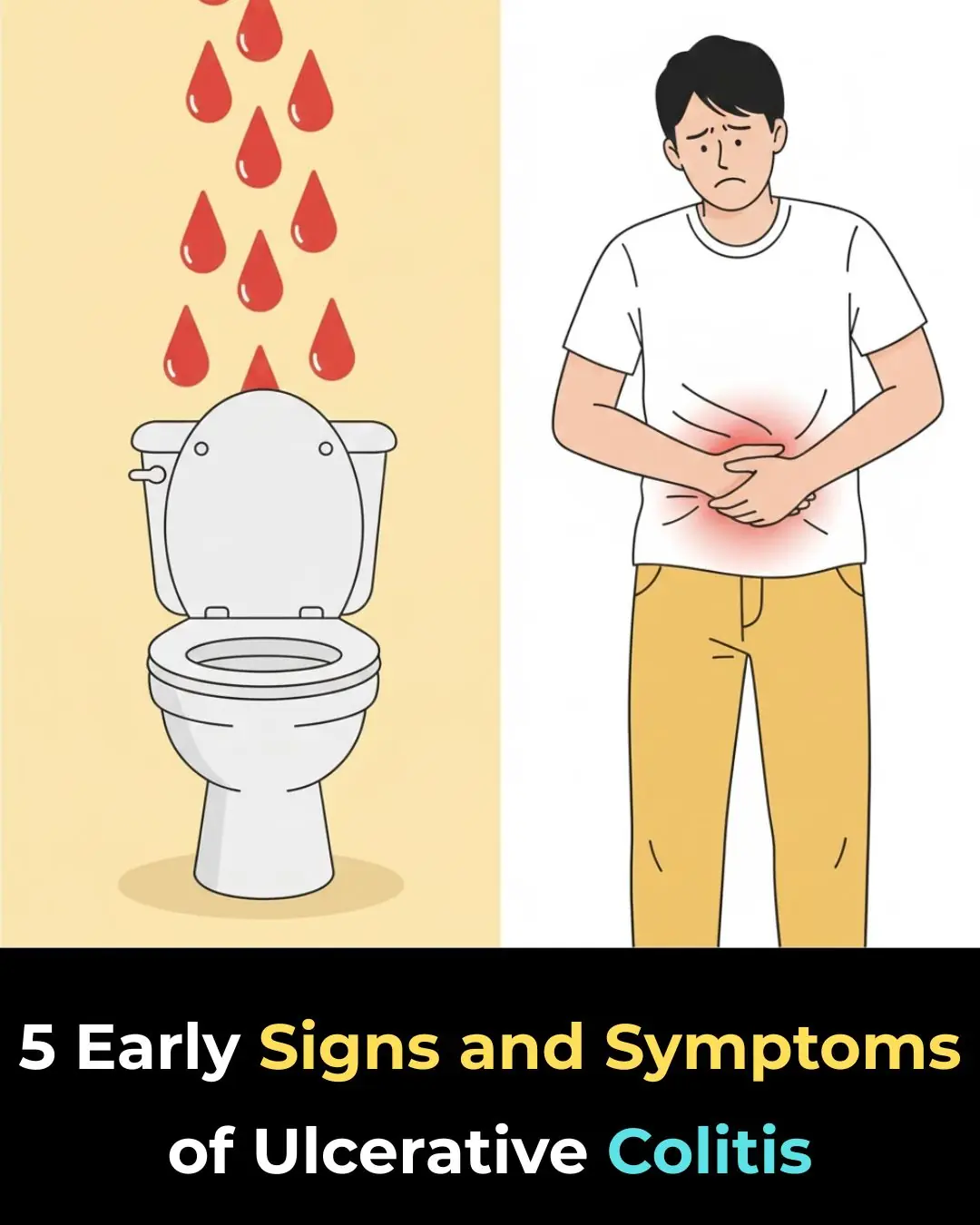
5 Early Signs and Symptoms of Ulcerative Colitis

8 Potential Health Benefits of Kombucha

Diagnosed with End-Stage Stomach Cancer, I Painfully Realized: 3 Foods Left Too Long in the Refrigerator Can Become “Accomplices” to Cancer

5 Detox Baths to Remove Aches, Pains and Toxins + Fragrant Bath Melts Recipe
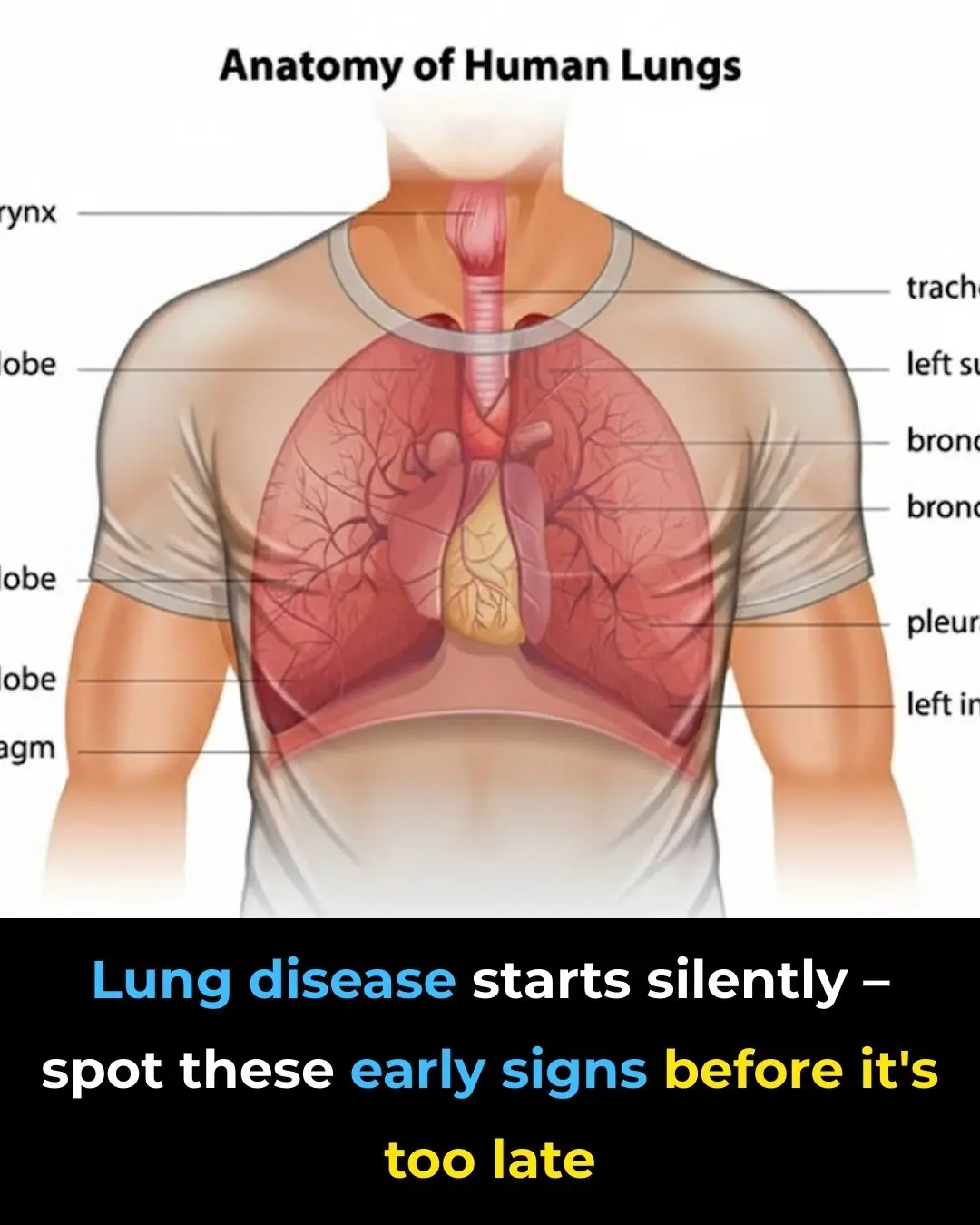
Early Signs of Lung Disease & How to Strengthen Your Lungs

5 things you absolutely SHOULDN'T do in the morning if you don't want your cancer cells to "grow like wildfire"

Emerging Flu Variant ‘Subclade K’ Raises Global Health Concerns Across the US, UK, and Beyond

A New Alternative to Reading Glasses: Eye Drops for Age-Related Near-Vision Loss
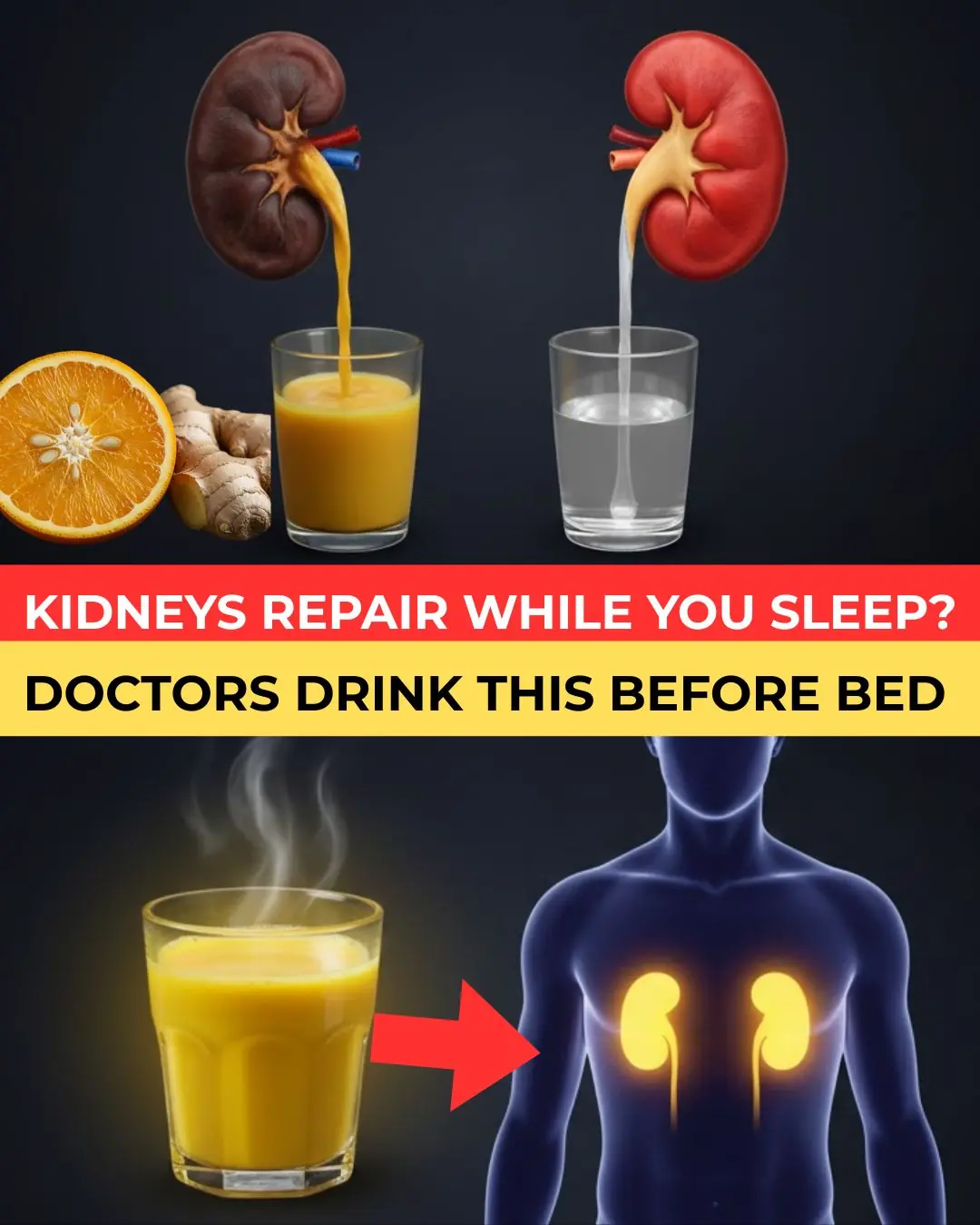
Sip These 4 Crimson Nightcaps—Watch Creatinine Whisper Down While Your Kidneys Heal Overnight

Unlock Vibrant Aging with This Ruby-Red Hibiscus, Avocado & Clove Elixir

Heart Surgeon’s Hidden Secret: Eat This Daily to Boost Cardiac Health!

“Beer Belly” Fat May Damage the Heart Differently Than General Obesity, Study Suggests
News Post

Black Mold on Refrigerator Door Seals? Use This Simple Trick to Clean It in Just 5 Minutes

Five Extremely Dangerous Types of Meat You Should Avoid

10 Probiotic Foods to Improve Your Gut Health Naturally

Could a Simple Bedtime Drink with Three Common Ingredients Support Your Heart Health?

What kind of fruit is so familiar that most people eat it when it's ripe but don't know that the green fruit is considered the "architect" of the intestines?

A TV Viewer’s Sharp Eye Helped Save Flip or Flop Star Tarek El Moussa’s Life

Graduate Kneels to Thank Brother Who Gave Up School for Her

32 Years of Service: Community Saves Elderly Carabao in the Philippines From Slaughter

A Father at Work, a Baby’s Smile, and a Moment That Touched Millions

Jordyn Woods is engaged to Karl-Anthony Towns — see the massive engagement ring set to spark trends in 2026

A New Global Atlas Maps Every Building on the Planet in Unprecedented Detail

A Bed on Wheels: A Chinese Inventor’s Unusual Take on Personal Transportation

Planting Love That Endures: The Heart-Shaped Forest of Winston Howes

Between Supplement Hype and Evidence: A Clinical Guide for Informed Use

Current Cardiac Screening Tools Miss Nearly Half of First Heart Attacks, Study Finds

Canada Moves Toward Ending Captivity of Elephants and Great Apes

The Golden Retriever Who Became a Street View Star

A $5.7 Million Puppy: The Story of Cadabomb Okami

🐶 Why Dogs Can Watch TV
